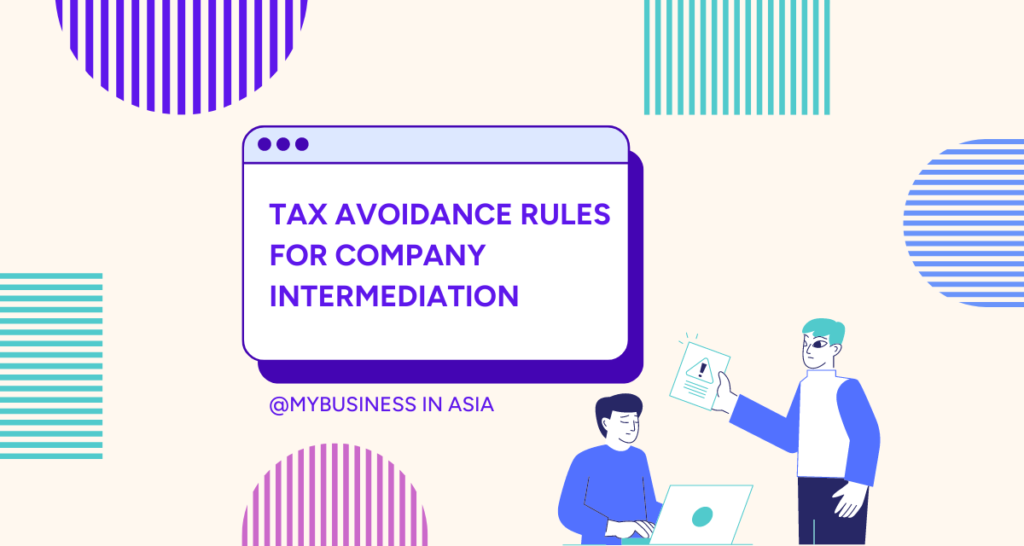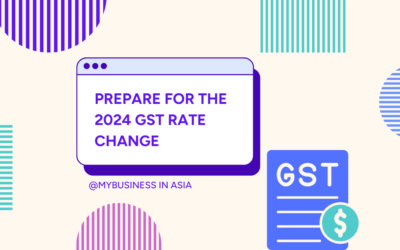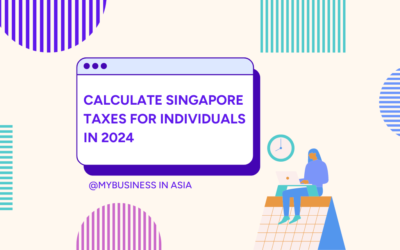
In general, corporations are subject to corporate income tax (CIT), while individuals are subject to progressive personal income tax (PIT). This article outlines the tax avoidance rules in the case of company intermediation.
Some companies utilize intermediation to charge for services that would typically be compensated through salaries. This approach allows the company to take advantage of the lower CIT rate compared to the PIT rate. Consequently, it may appear that employing intermediation through a company to charge for salary-like services enables the company to benefit from a lower tax rate.
However, if an individual establishes a company solely to receive income, the company can be disregarded, and all income derived from it will be subject to PIT.
As with any tax situation, taxpayers must substantiate the legitimate nature of this type of arrangement and demonstrate that the primary purpose was not to reduce or avoid tax.
Recently, the Singapore Courts have ruled on several cases of this nature, particularly regarding whether such arrangements constitute an abuse of rights under Section 33 of the Singapore Income Tax Act (ITA), also known as the Anti-Avoidance Rules.
Understanding avoidance rules according to Article 33 of the ITA
Principle
In principle, taxpayers have the freedom to structure their affairs through arrangements, encompassing regimes, trusts, grants, undertakings, agreements, dispositions, transactions, and the steps involved in implementing such structures (Section 33, (5) of the ITA).
Exception
Nevertheless, the ITA imposes limits on this freedom. Section 33 of the ITA grants the Inland Revenue Authority of Singapore (IRAS) the authority to reclassify an arrangement if its purpose or direct or indirect effect is to obtain a tax benefit.
Exception to the exception
However, an arrangement established for a legitimate business reason and with one of its primary objectives not being the reduction or avoidance of tax does not fall under the category of avoidance rules (Section 33(7) of the ITA).
Substantiating the Nature of the Company Intermediation
In most cases, tax avoidance is determined by the absence of, or low remuneration between the intermediary company and the taxpayer, rather than the mere incorporation and use of an intermediary company.
Thus, taxpayers retain the freedom to establish a company to receive income that would typically be obtained personally, as long as the level of remuneration, which is then taxable at a personal level, remains reasonable and aligned with market standards.
Therefore, the establishment of an intermediary company does not automatically qualify as an avoidance rule.
Moreover, an arrangement that reduces or modifies tax liability or relieves a taxpayer from tax obligations is not automatically considered tax avoidance.
It will only be deemed as such if the taxpayer can substantiate the commercial nature of the arrangement and demonstrate that one of its primary objectives was not to reduce or avoid tax.
If you appreciate our content, you will also appreciate our other articles:
- Trends and View of the Startup Environment in Hong Kong
- Understand how the ONE Pass and how to apply for this special Pass in Singapore.
- Apply for an EP in Singapore and understand the new COMPASS framework.
- Learn everything about the Stamp Duty for shares and calculator in Singapore
- Making Sense of the Dividends Taxation and Regulations in Singapore



